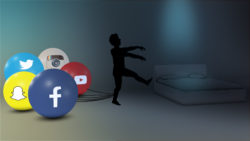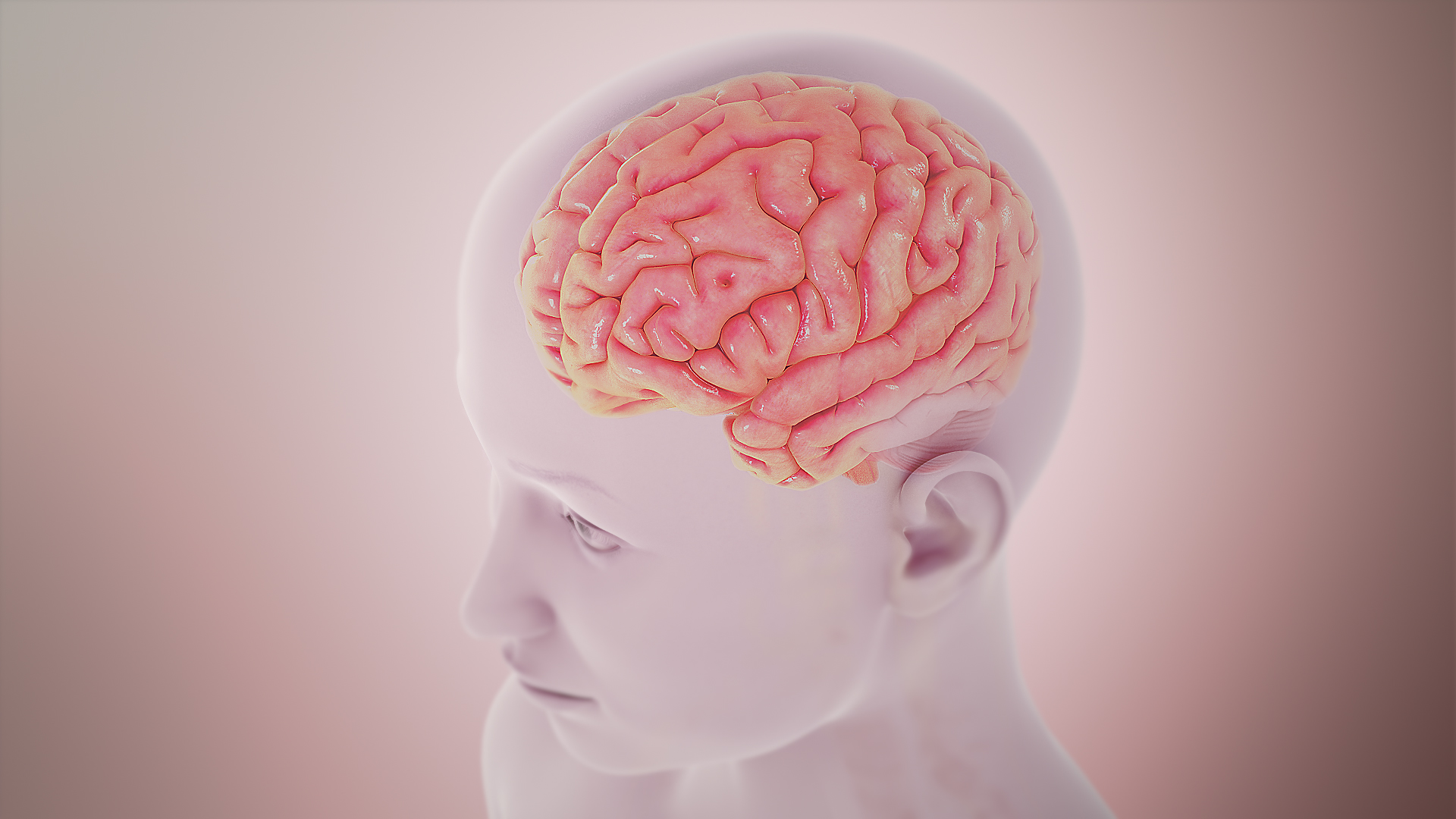When you think about how to prevent depression from taking up residence in your life, you probably don’t give your cell phone much thought. After all, it’s how you stay “connected” so that must be a good thing, right?
Wrong.
Phone is a poor substitute to connect with people you really care about.
Loneliness and Sleep Deprivation Lead To Depression
In a recent study released by the Michigan State University, researchers determined that those who replace electronic interaction for real world socialization are left feeling empty.
Problematic use of mobile phones (PUMP) is a rising problem for those who are sinking into feelings of sadness, isolation, or hopelessness.
What happens when we are wired and tired all the time?
Brian Primack, director of the Center for Research on Media, Technology and Health at the University of Pittsburgh, says he's a little worried about the online world we've created.
"We really are in an epidemic of mental-health issues," says Primack.
Shooting suicide rates in the U.S substantiate his statement.
With digital devices by our side 24*7, our nervous system is constantly in fight-or-flight mode. Exposure to light leads to reduced melatonin levels, preventing us from sitting back and let ourselves relax.
Melatonin, besides regulating our body clock, is also a powerful antioxidant. It protects and rejuvenates our thymus gland, which in turn produces T-cells that protects our body from invaders, including Candida overgrowth that can contribute to depression.
Also, melatonin provides a buffer against the rising concentrations of stress hormones as well as brain damage it causes, making us feel calmer, more revitalized and more productive after a good night’s sleep.
So it goes without saying that the deficiency of melatonin can bring about sleep disturbances, lowered immunity and a higher susceptibility to illnesses (including cancer), lowered ability to cope with stress and even depression.
A 2006 study conducted by the Oregon Health and Sciences University tested a placebo against melatonin in people suffering from SAD (Seasonal Affective Disorder). The individuals taking the melatonin improved their mood and lessened their depression.
Let’s Get Sorted
Being constantly bombarded by bells and buzzes that alert us to messages we feel compelled to view and respond to immediately, we have become slaves to the devices that were supposed to free us. Moderation, hence, is the only key. It should, in fact, be the hallmark of a healthy relationship with technology.
Keep depression and other mental health issues at bay with these simple tips:
- Ensure quality sleep by turning off your cell phone.
- Engage in more face to face interactions in social settings, than behind a computer or cell phone screen.
- Eat for your brain. Have healthy fats and get rid of the refined sugars and flours
- Exercise regularly without any distraction (disconnect here as well).
- Get busy doing activities you enjoy or have always been interested in.
- Smoking exposes you to toxins that make depression worse; quit. Too much alcohol is a depressant; avoid.
- Get regular exposure to sunshine or supplement with vitamin D.

The Dark Side of Blue Light: Sleep Deprivation and Eye Problems
Your sleep-wake cycle is governed by melatonin, a hormone that tells the body that it is night, helping to make you sleepy. If you delay that signal, you could delay sleep. And if you do that for many years, it disrupts the circadian system, Read More..

“Digital Disabilities” are on the rise. Are you a victim too?
As per a 2015 study published in the journal Muscle & Nerve, college students with high smartphone usage are more likely than those with low usage to experience impaired hand function, thumb pain and other issues. Read More..









